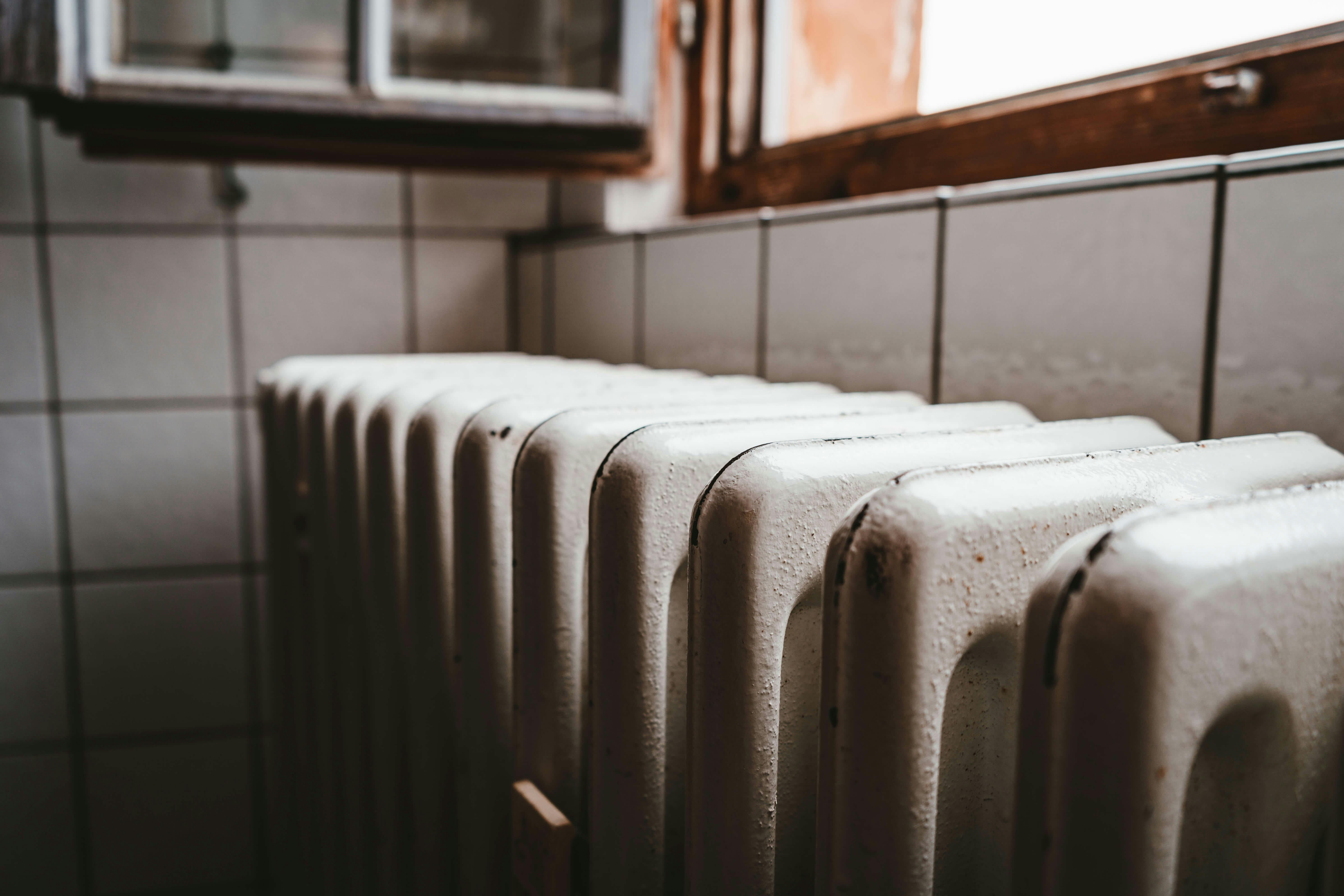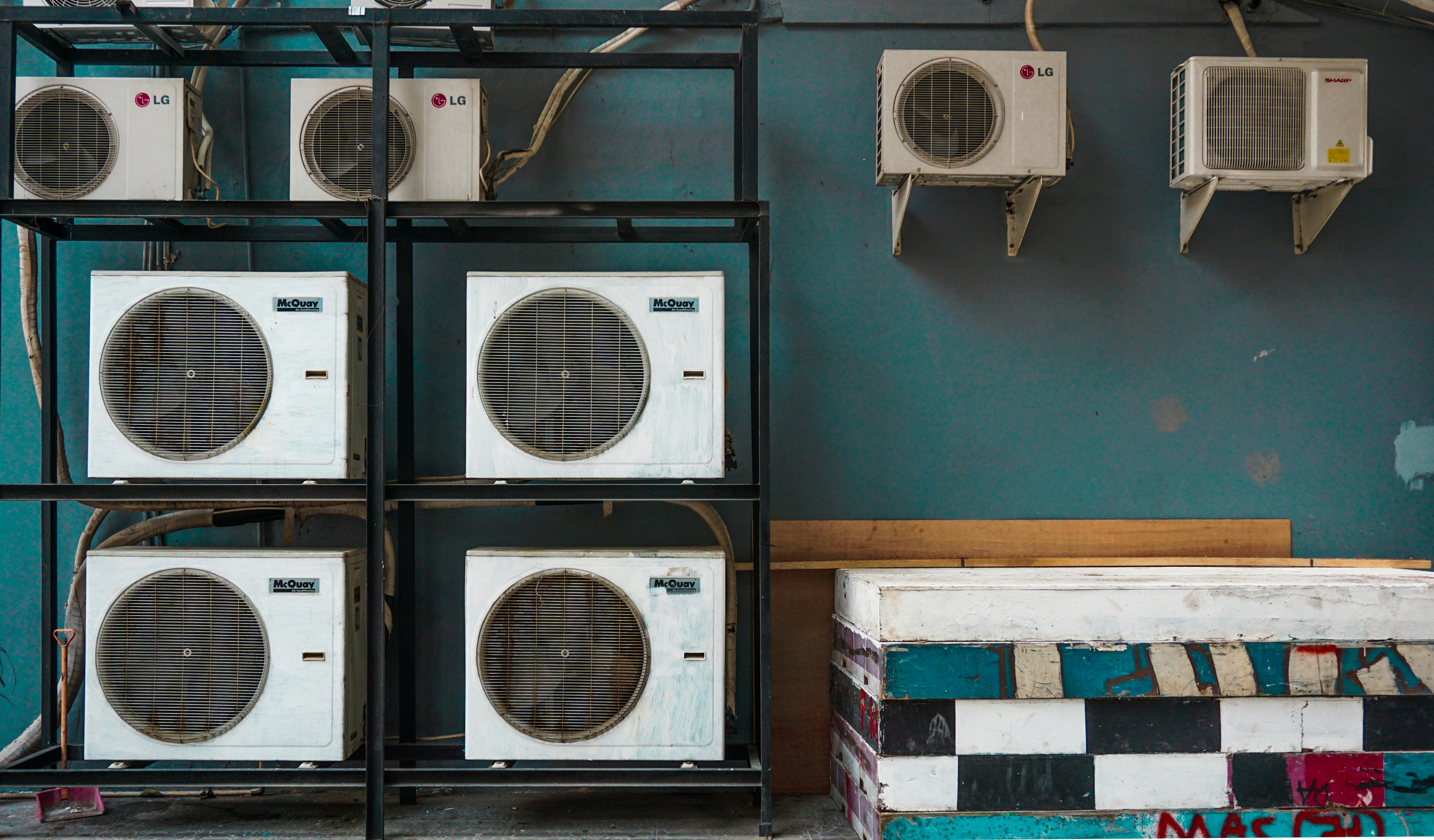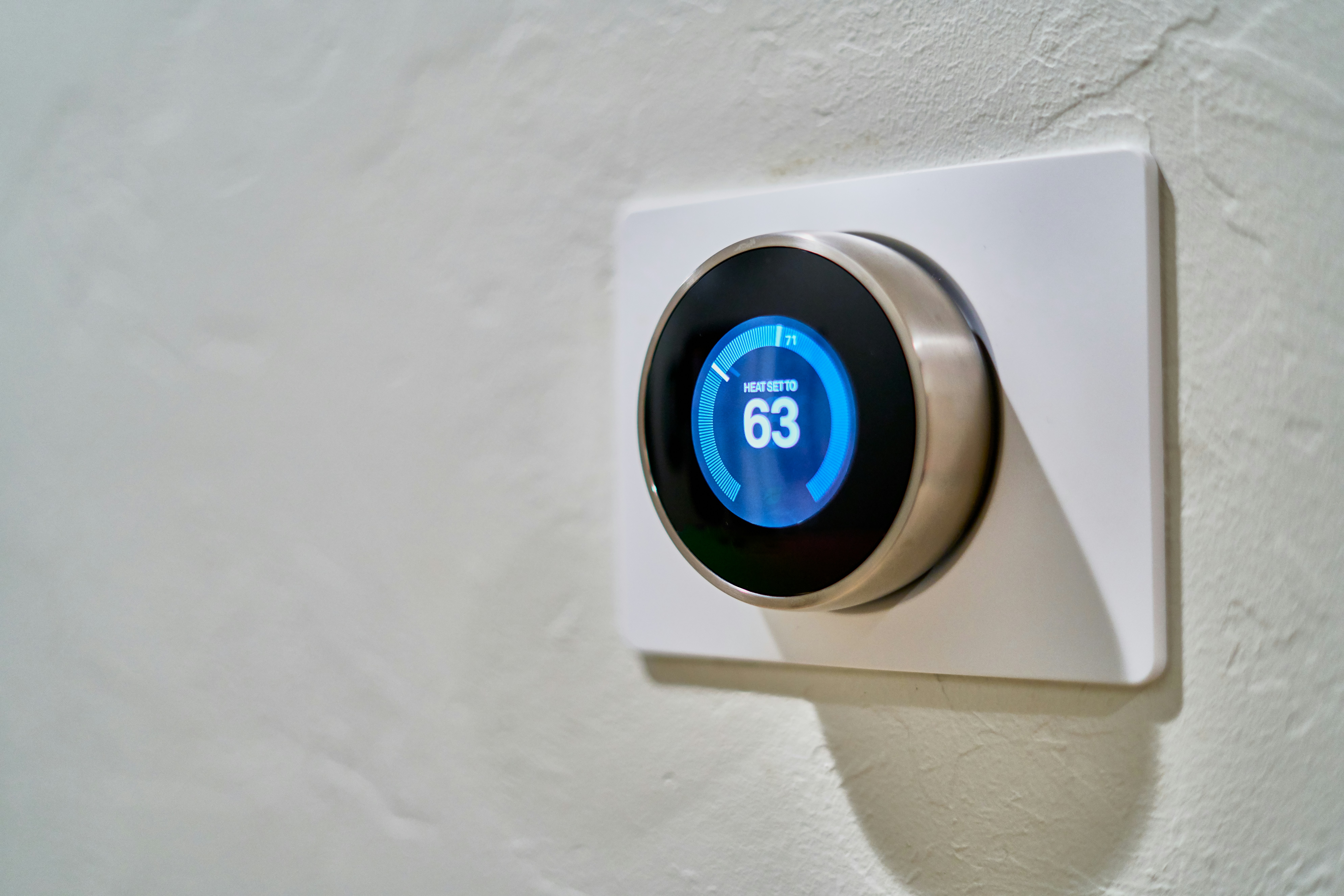
One of the main questions homeowners may have as the winter approaches, whether they live in a new home or an existing house, is how long their heating system will remain sturdy and functional. As the summer ends and the temperature begins to drop, concern for the heater, be it a traditional furnace or a more modern programmable thermostat, heat pump, or ductless HVAC with heat capabilities begins to slowly creep in.
So, what are some preventive measures a homeowner can take to ensure that their family will be cozy during the winter chill? Here are a few helpful tips to keep that heater up and running smoothly.
Schedule regular tune-ups for your heater.

The truth is, no matter how well you maintain your home’s air system, energy efficiency, and durability will dip over time. There are always circumstances that may affect your new heating or cooling unit and, if ignored for too long, can require the installation of a new system.
The good news is that regular tune-ups and frequent service calls by a professional technician can extend the lifespan of the unit. Preventative maintenance can go a long way for your heating system. The same can be said of the individual components, whether the ductwork, evaporator coil, condenser, or internal motors; a proper tune-up should keep it all in check. The same also goes for your HVAC unit, as a thorough cleaning of the vents will also keep the airflow at full capacity, noticeably lowering your utility bill.
Changing the Filter

Even though regular maintenance calls can save the expense of a new unit, it’s still the responsibility of the homeowner to keep an eye on the air system’s filters, checking for cracks and changing them regularly and eliminating debris, dust, and any other obstructions.
In any HVAC system, whether used for heat or cool air, a dirty air filter will only make the equipment work harder to circulate air, meaning a greater strain on the system itself. As the head of the household, changing your air filters should remain on your checklist to keep up with household repairs, providing proper ventilation, no matter the size of your home.
Switch to Auto
Aside from maintenance, there is a simple trick that can greatly increase the lifespan of your air system’s internal fan. Every new HVAC system has two fan settings ‚Äî the “on” switch, which keeps the machine running constantly, and the “auto” feature, which enables the fan to only run when producing a different amount of heat or cold air.
While leaving the fan in the “on” setting can aid in trapping dust, pollen, and debris, it can wear out the fan quicker and greatly raise your monthly energy bill. Additionally, as with any heater or air conditioner, the constant running will also clog up the filters and ducts faster, adding more wear and tear to the unit.
There are benefits to a “smart” thermostat.

In recent years, one of the most popular trends in heating is not a new type of system, but rather the thermostat itself. Known as a “smart thermostat,” this programmable thermostat model is controlled by an app on your tablet or mobile device and is slowly becoming an industry standard. Some models even “learn” your preferences for a comfortable temperature, saving on your utility bill in the long run by automatically making adjustments for energy efficiency.
Aside from being a cool, modern technology, these “smart” thermostats are practical, as the installation cost is still less than putting in a brand new HVAC system or new air conditioner, as the control is still located indoors, there are no unsightly units or adjustments made to the exterior of your home, or need to hide wires or a large generator.